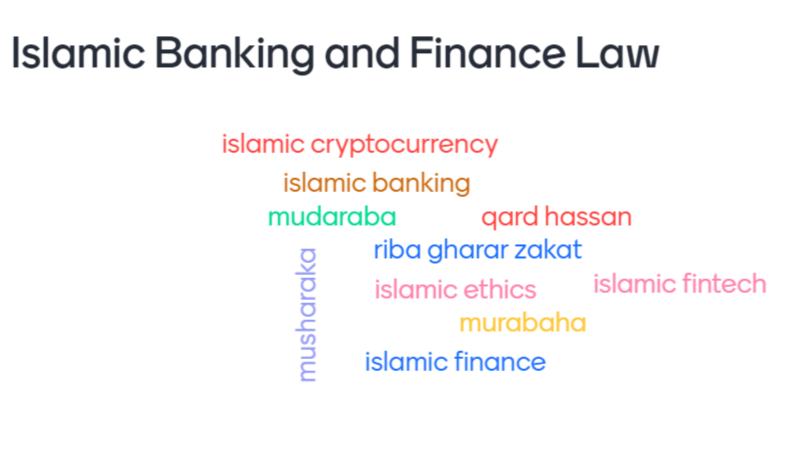By Schumacher Laurenz,
Edited by Sanaa Kadi
Are you curious about the principles of Islamic Business Law and their origins? Islamic Business Law has a unique concept that stems from its ethical thought. But where do these principles come from and how do they differ from Western business practices? In this blog post, we’ll explore the main body of Islamic Law, called Sharia, and its heavy influence on Muslim religion and philosophy. The normative sources for the lawmaking process can be found in the Quran, as well as in other religious texts like the Sunna (sayings and deeds of the prophet Muhammad) and the Ijmaa (consensus).
One of the most significant differences between Islamic Business Law and its Western counterpart is how loans are seen and handled. While the Christian Church banned interest rates during the Middle Ages due to religious beliefs, the Jewish community started giving out loans with interest rates. Later on, the Christian Church changed their opinion, believing that banning interest rates is “pointless” in a modern world.
However, the Quran mentions Riba, meaning unequal exchanges and fees for borrowing. According to the Quran, trade is permitted, but usury is not. Riba would cause a person negative effects of varying severity in their life as well as in the afterlife(Quran, Surah Al-Baqarah, verse 275; Surah an-Nisa’, verse 161; Surah Ale ‘Imran, verses 130). The prohibition of Riba from the Quran is based on “helping the poor and needy,” instead of putting unreasonably high interest rates on loans to enrich themselves.
Over the centuries, several economic concepts and banking techniques evolved, including early forms of partnerships (Musharaka), limited partnerships (Mudaraba), and capital (al-mal). In the 18th century, Western influence arrived in the banking sector, with the opening of the first Western bank in Cairo. Muslim scholars agreed that interest, which was the basis of the bank’s dealings, is seen as Riba and therefore forbidden according to Sharia Law.
To address this, a different system had to be introduced – a system of loss and profit sharing (Mudaraba), in agreement with the Quran. To this day, Islamic Banking is based on Mudaraba, a system that differs widely from the Western Banking system, which is largely interest-based. Despite being prohibited during the early medieval ages, interest-based banking was finally widely adopted due to the opinion that there is no way around it in a modern world.
But because Sharia, the basis of Islamic Law, is heavily influenced by the ethics brought upon in the Quran, Islamic Banking had to find another basis for a functioning system. Nowadays, it is based on a system of common loss and profit sharing, which ensures that, unlike in the Western hemisphere, banks have an interest in the investment succeeding. This is an excellent example of a banking system that works in a modern world without usury and helps the people who need the support, based on ethics that originated in religion.
Sources:
Quran, Al-Baqarah, Verse 275; Surah an-Nisa’, verse 161; Surah Ale ‘Imran, verses 130.
Presentation Slides Islamic Business Law
https://www.investopedia.com/terms/i/islamicbanking.asp
https://ijaracdc.com/history-of-islamic-banking/
Exploring the ethical aspects of Islamic banking, Hasan Gilani
